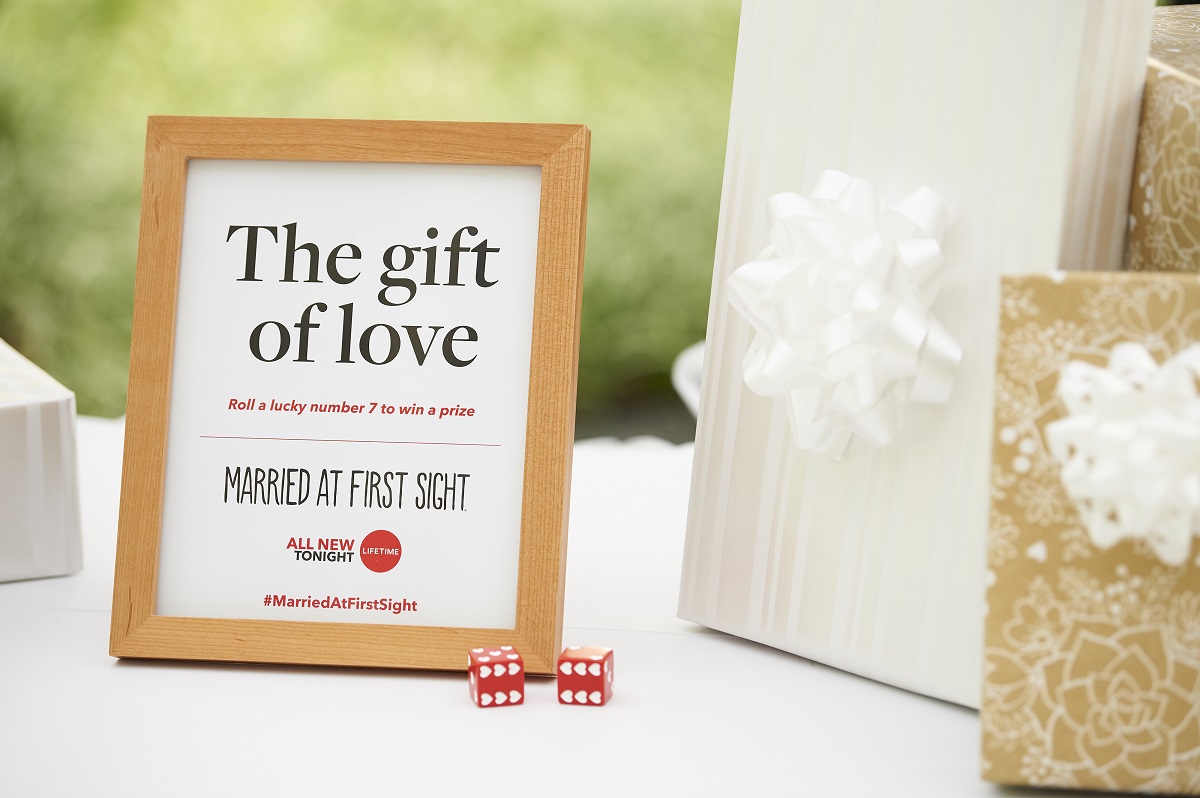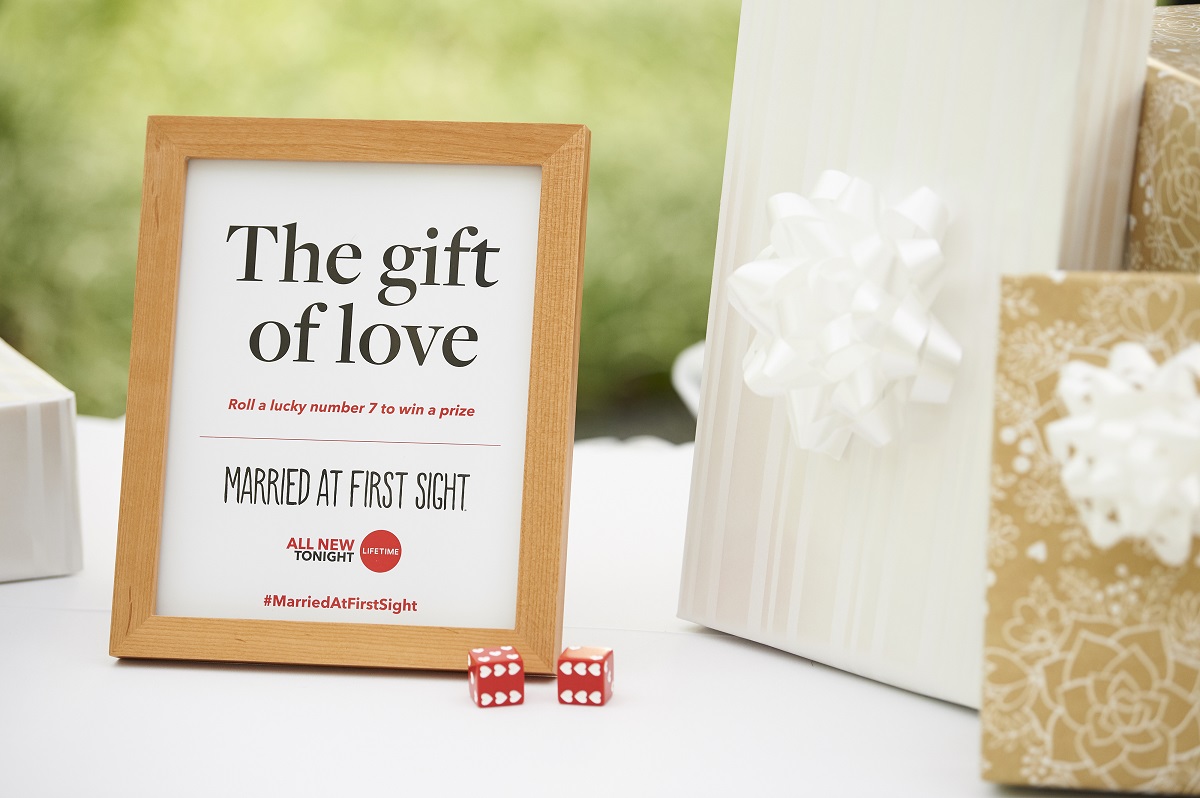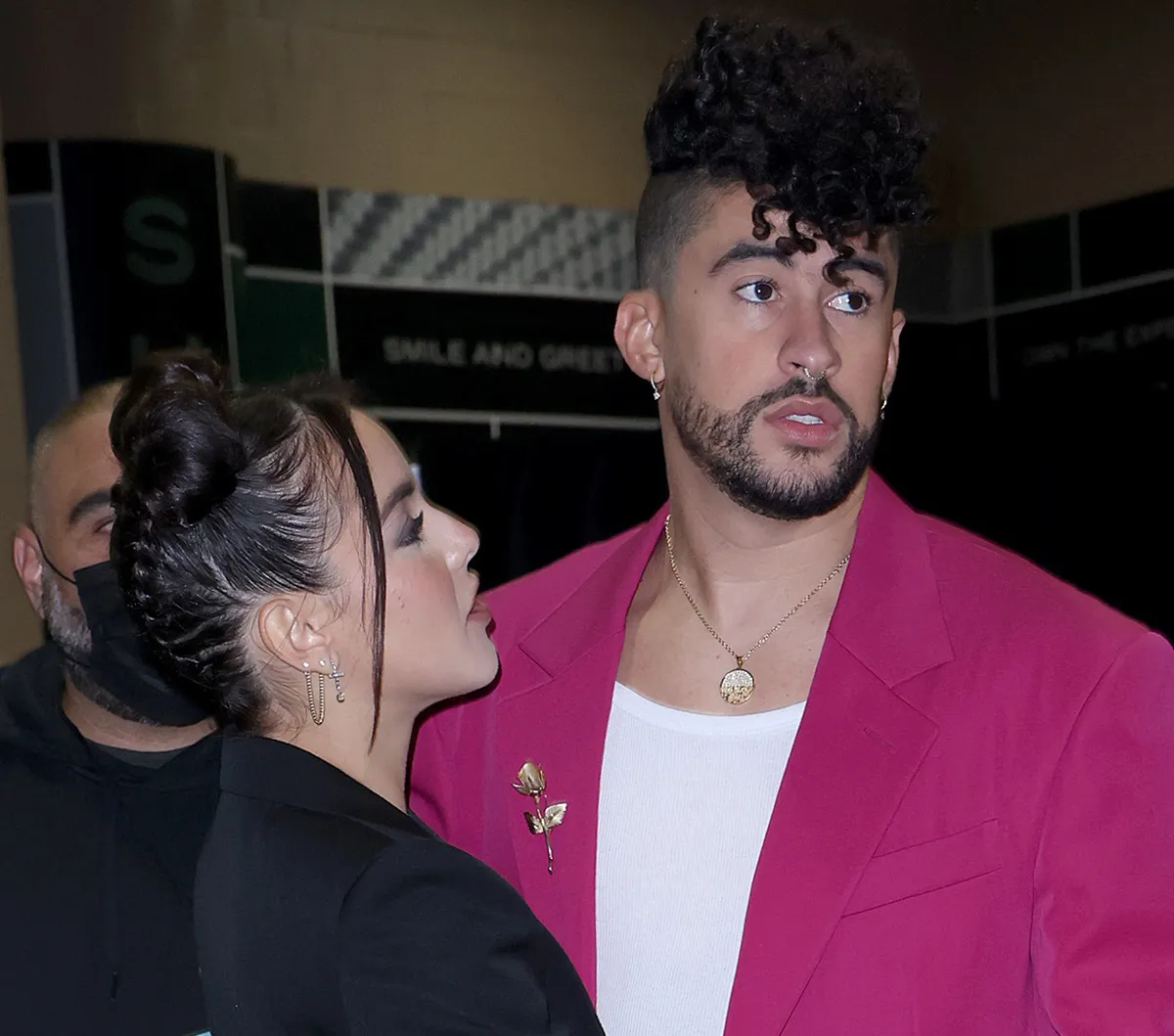
1 ‘Married at First Sight Australia’ Contestant Wasn’t Allowed to Say She Saw Her Match Cheating
Different regions bring out different vibes from reality TV shows, even when they’re technically part of a familiar franchise. Married at First Sight: Australia might be one of the most significant examples of this. And the precedent it set was so striking, that other international versions are starting to follow suit.
The Australian take on the long-running romantic reality series technically has lower stakes. To make up for the switched-up premise, producers tweaked the format to produce more drama. It’s a hit with viewers, but one contestant was uncomfortable with what producers wanted them to say for the cameras.
‘Married at First Sight: Australia’ changes up the core concept of the show

Married at First Sight premiered in the United States in 2014, with a shocking premise even by the standards of reality TV. Relationship experts pair off several couples, who consent to get legally married the day they meet. A group of relationship professionals then counsel the newlyweds through an eight-week trial period. The couples then decide whether to stay married after their time on the series winds down.
The Australian version changes the concept that made the show so irresistibly compelling for American viewers: the legal marriage. That change seems against the very idea of the show. Yet the Australian spin on the concept turned out to be incredibly popular nonetheless, The Guardian reports, by adding a few twists to the formula.
Same-sex couples were quickly added to the series, unlike the American version. Also, couples with children are a regular part of the show. These changes freshen up the concept of the show on their own, to be sure. But the biggest shift is the heavy-handed approach taken by the show’s producers to ensure drama even without the legally-binding marriage concept.
‘Married at First Sight: Australia’ recently kept a contestant quiet for narrative purposes
The artifice of reality TV is no mystery to even its most vocal fans. The free-wheeling unscripted nature of these shows becomes entertaining when it’s edited together for maximum effect. Viewers generally understand that many of the biggest moments are carefully crafted to have the strongest impact.
But, as Yahoo! Lifestyle reports, the cast and producers can twist that concept into something toxic. At an off-camera cast party, contestant Sandy Jawanda saw Adam Seed kissing Claire Nomarhas. Jawanda texted Adam about the situation, but quickly came under pressure from the cast to keep it under wraps.
On a show built for conflict, their instinct was to avoid it — in the short term. Producers seemed to know something was up, though, and made a point of shutting down the party early. They would put the scandalous moment on the back burner, waiting a few weeks to finally reveal the moment in a more camera-friendly manner.
They had Nomarhas tell Jawanda about the kiss on-camera in a scene that was fully staged. The producers asked Jawanda to play along, so she did her best to act surprised at the revelation of the “secret” kiss.
How real is ‘Married at First Sight: Australia’?
There is no literal script for any of the Married at First Sight shows. However, Metro reports that the producers on the Australian version in particular tend to have a heavy hand with the direction of the show.
They stack the deck in their favor by requiring couples to stop mid-conversation if they realize they’re having a fight. They’re expected to contact a producer, then pick up the verbal sparring from the top. This explains some of the awkward moments on the show, where people appear to be (badly) acting — it’s because they are!
Some of the contestants may be actors by trade, but fully fictionalized personalities aren’t part of the show by any accounts. The producers do have a habit of casting people with certain over-the-top personalities, and matching them with counterparts that are built to clash. Like so much reality TV, Married at First Sight: Australia really is unscripted. But to call it anything like an honest documentary would be a bit of a stretch.


